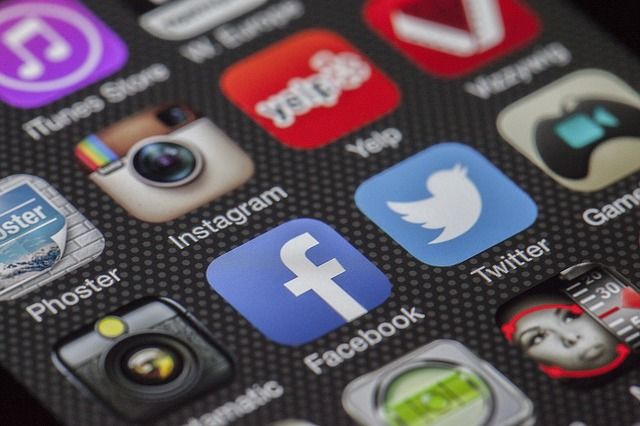
Eleven hours after Barr’s May 29 tweet, Channing Dungey, president of ABC entertainment and a black woman, blasted the tweet as “abhorrent, repugnant and inconsistent with our values and we have decided to cancel her show.”
So what promised to be a highly successful reboot of the long-running “Roseanne” series crashed to a halt. The actress’ talent agency, ICM Partners, also dropped her.
The moral to the story is clear: You tweet, you become a public figure. Your life could blow up in the same way if you are not discreet with the messages you post for public consumption. An egregious comment about another individual, true or not, could put you on the hot seat.
Some media gurus welcomed the quick and decisive response to Barr’s firing. Aram Sinnreich, professor of communications at the American University in Washington, D.C., said the firing is a testament to diversity in the C-suit and the speed with which news travels on social media.
Roseanne has been chided before for racist tweets. What caused the quick and certain reaction this time? The political climate has put people on high alert regarding their employees’ words and behaviors, Sinnreich says. If an individual, especially a well-known individual, becomes in essence the face of a corporation, the corporation should be accountable for the actions of that individual.
Sinnreich noted that some people have become frustrated with the fact that President Trump gets away with racially-tainted and outrageous tweets (he has targeted Mexicans, Haitians and Nigerians in widely reported tweets) without any consequences. Sinnreich is of the opinion that until Trump is held accountable for what amounts to hate speech, others will think they can also go unscathed if they use tweeting as a way of dissing others. The ability to broadcast your ideas to a huge audience is irresistible, he said.
Many of today’s employers are complaining that as much as five hours a day of a worker’s time is spent sharing tweets and other social media.
The number of cases of employees making negative racial statements that raised the ire of their employers has risen. The results, always widely reported in the general media, sometimes rise to the level of the offender being fired. That should be fair warning for careless tweeters.
Tweeters who go beyond the bounds of decency are showing up more frequently in the news. Anthony Weiner, former New York congressman, is now serving a prison sentence for sexting with a minor. He first blamed a hacker for the mess, but later admitted that “These destructive impulses brought great devastation to family and friends and destroyed my life’s dream of public service.”
People are getting fired for posting inappropriate photos or retweeting someone else’s tweets. Immediacy and informality of the social media sites sometimes makes people vulnerable to impulses they might otherwise control. Remember, there’s no going back once you hit “send.”
On the other end of the scale, some employers now encourage their workers to maintain social media activity. Job applications now may ask how many “followers” the prospective employee has on Twitter. But that becomes a double-edged sword when it appears the opinions of the employee, disbursed among many friends, counter the company’s viewpoint.
Concerns about free speech pop up when social media fans defend their right to freely make sexist, homophobic or racist remarks, but Sinnreich is of the opinion that controls on media content are not censorship. “It’s about affiliation and the media role as amplifiers for political ideology.”